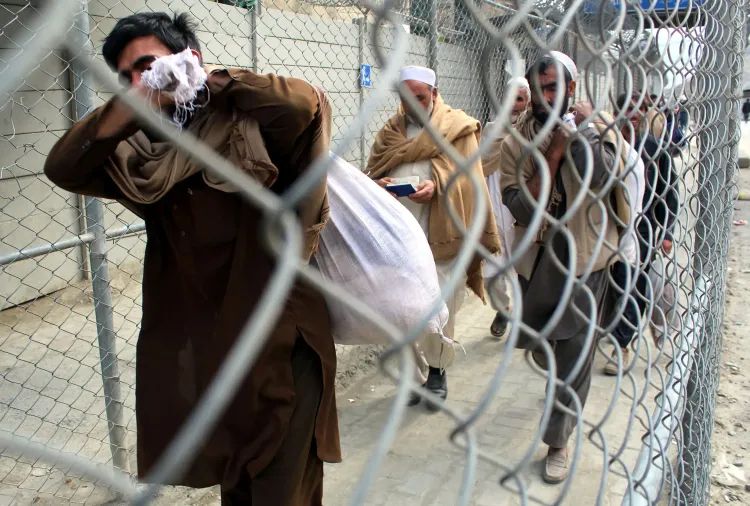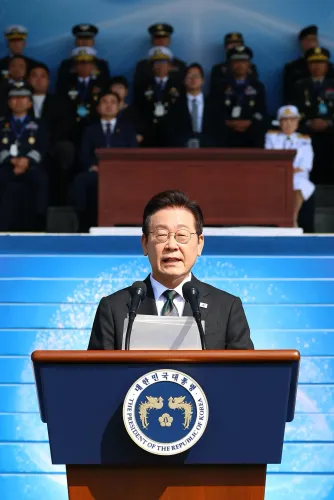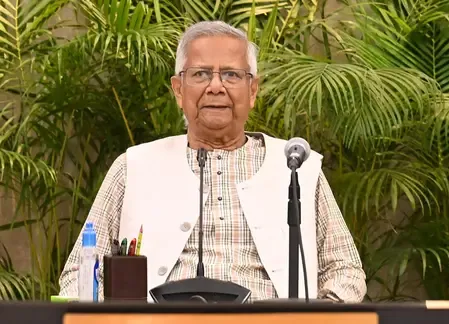Why is Pakistan Closing Afghan Refugee Camps Established 40 Years Ago?

Synopsis
Key Takeaways
- Closure of camps: Pakistan is shutting down Afghan refugee camps operational for 40 years.
- Security concerns: The government cites rising crime and terrorism as reasons for this action.
- UNHCR warnings: A potential humanitarian crisis is developing in Afghanistan as refugees return.
- Mass repatriation: Over 554,000 Afghans have returned since April.
- Legal protections: UNHCR urges Pakistan to extend protections for vulnerable returnees.
Islamabad, Sep 27 (NationPress) Pakistan has made the decision to close Afghan refugee camps that have been operational for 40 years, as reported by local media on Saturday.
Five of these facilities in the Khyber-Pakhtunkhwa (KP) province are set to be shut down as the Pakistani government intensifies its crackdown on Afghan refugees.
The five camps slated for closure in KP comprise three in Haripur district, one in Chitral, and one in Upper Dir. The Panian camp in Haripur alone previously housed over 100,000 refugees, according to officials, as stated by Pakistan's leading daily, Express Tribune.
The government initiated the repatriation of undocumented Afghan refugees in October 2023, citing concerns over rising crime and terrorism. Earlier this week, Defence Minister Khawaja Asif reiterated that Afghan refugees are linked to terrorism in Balochistan and KP, the report noted.
This month, the UNHCR, the UN Refugee Agency, cautioned about a crisis developing within a crisis in Afghanistan as numerous Afghans are being forced out of Pakistan under precarious conditions. Afghanistan is currently grappling with recovery efforts following a devastating earthquake in several areas where returnees are now arriving.
Since the start of this year, approximately 2.6 million Afghans have returned from neighboring countries, many not by choice. They are arriving in a nation beset by poverty and drought, where humanitarian demands are already high. Some have not set foot in Afghanistan for decades, while others were born in exile and are arriving for the first time, according to a statement from UNHCR.
As Pakistan reinitiates its 'Illegal Foreigners Repatriation Plan', over 554,000 Afghans have returned since April, including 143,000 just in August. Recently, the pace of return has accelerated: nearly 100,000 people crossed back from Pakistan in the first week of September alone, pushing capacities to their limits.
The United Nations has urged Pakistan to continue its long-standing humanitarian policy towards Afghan refugees by extending legal residency for those still needing international protection, particularly individuals facing increased risks upon their return.
UNHCR stands prepared to assist the Government of Pakistan in developing practical strategies to identify persons with ongoing protection needs and to broaden regulated migration pathways for Afghans, stated UNHCR Representative to Afghanistan Arafat Jamal during a press briefing in Geneva on September 12.









